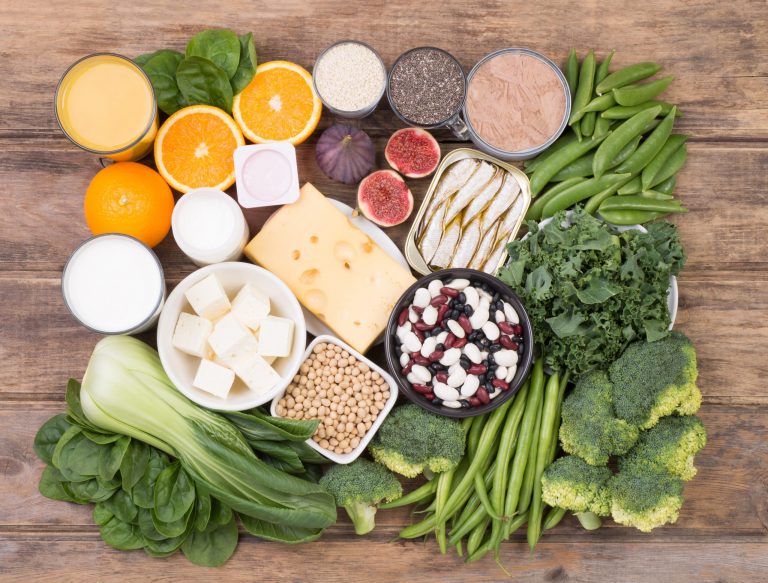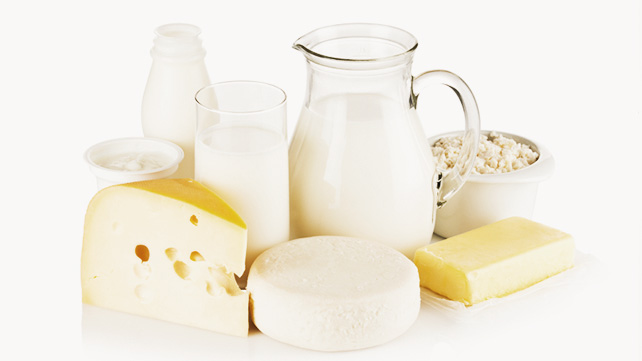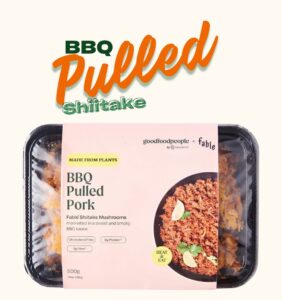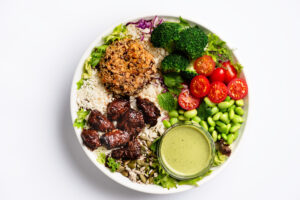We often think of calcium as an important mineral for bone health, but it does a lot more than that! Calcium is required for blood clotting, bone and teeth formation, constriction and relaxation of blood vessels, hormone secretion, muscle contraction, and nervous system function; but calcium doesn’t carry out all these tasks on its own. The body requires a team of players because the function of one vitamin or mineral often depends on another. Below are examples of how different vitamins and minerals are needed for bone health:
- Vitamin K: activates specific bone associated proteins that are important for bone formation and mineralization.
- Vitamin D: regulates the above activation and is crucial for calcium absorption. Additionally, phosphorus required for bone and teeth mineralization (component of bone / mineral crystals). Vitamin D improves phosphorus absorption.
- Vitamin A: controls which bone building gene responds to vitamin D. Vitamin A is essential for cell development and skeletal growth.
- Vitamin C: is essential for collagen formation and collagen is the main protein in bone.
- Magnesium: required for bone mineralization (component of bone / mineral crystals) and improves bone strength.
Where can we find plant sources of calcium?

Calcium is found a variety of plant foods such as kale, broccoli, mustard greens, Chinese cabbage, okra, almonds, figs, oranges, white beans, sesame seeds (tahini), calcium set tofu, tempeh, and calcium fortified products (plant milks, orange juice, and cereal). The calcium content of a food is not the amount of calcium absorbed (see chart below). Calcium absorption is also affected by factors in foods such as fiber, oxalates, and phytates. For example, spinach is high in calcium, but also high in oxalates so only 6 mg of an 85-gram serving is absorbed.
| Food | 1 Serving Size | Calcium Content (mg) | Absorbed (mg) |
| Milk | 240 grams | 300 | 96 |
| Tofu w/ calcium | 126 grams | 258 | 80 |
| Bok Choy | 85 grams | 79 | 43 |
| Kale | 85 grams | 61 | 30 |
| White beans | 110 grams | 113 | 21 |
| Broccoli | 71 grams | 35 | 25 |
| Food Examples | Approx. Absorption Rate |
| cauliflower, brussels sprouts, kale, watercress, turnup greens, mustard greens, broccoli, cabbage, and bok choy | 50% |
| milk, calcium fortified soy milk, calcium set tofu, yogurt, cheese, and calcium fortified foods and beverages | 30% |
| almonds, sesame seeds (tahini), pinto beans, and sweet potatoes | 20% |
| spinach, rhubarb, Swiss chard | 5% |
How Much do You Need?

Calcium recommendations are made high enough to account for a 30% absorption rate.
| Infants (7 – less than 12 months) | 400 mg |
| Children (1 – 3 years) | 500 mg |
| Children (4 – 6 years) | 600 mg |
| Children (7 – 9 years) | 700 mg |
| Adolescents (10 – 18 years) | 1000 mg |
| Adults (19 – 50 years) | 800 mg |
| Adults (51 years and above) | 1000 mg |
| Breastfeeding / pregnant | 1000 mg |
Good news for vegans and people who are lactose intolerant!

Bone is metabolically active throughout the life cycle from active growth, peak bone mass, and finally bone loss so getting enough calcium is important. Vegans and vegetarians do not require a calcium supplement because a variety of plant foods contain calcium. Dietary sources of a nutrient are preferential to supplementation for most healthy individuals.
However, you may not be getting enough calcium if you do not eat a plant-based diet / consume lots of junk food and hate leafy greens. Therefore, getting an adequate number of fortified products or a supplement may be required. The EPIC-Oxford study found that vegans have a 30% increased rate of fractures compared to nonvegans but there was no difference between groups when at least 525 mg/day of calcium was ingested. The incident rates for fractures after adjusting for a minimum of 525 mg/day were 1.05 (0.90-1.21) for fish eaters, 1.02 (0.90-1.15) for vegetarians, and 1.00 (0.69-1.44) for vegans. This suggests that there is no significant difference between meat eaters and other groups who consume at least 525 mg/day calcium.
Always consult a doctor before taking a calcium supplement since the body adjusts absorption rate (from food or supplements) based on need and too much can cause negative side effects. Don’t forget that a vitamin D deficiency will impair calcium absorption, so spend time outside to get enough of the “sunshine vitamin!”




